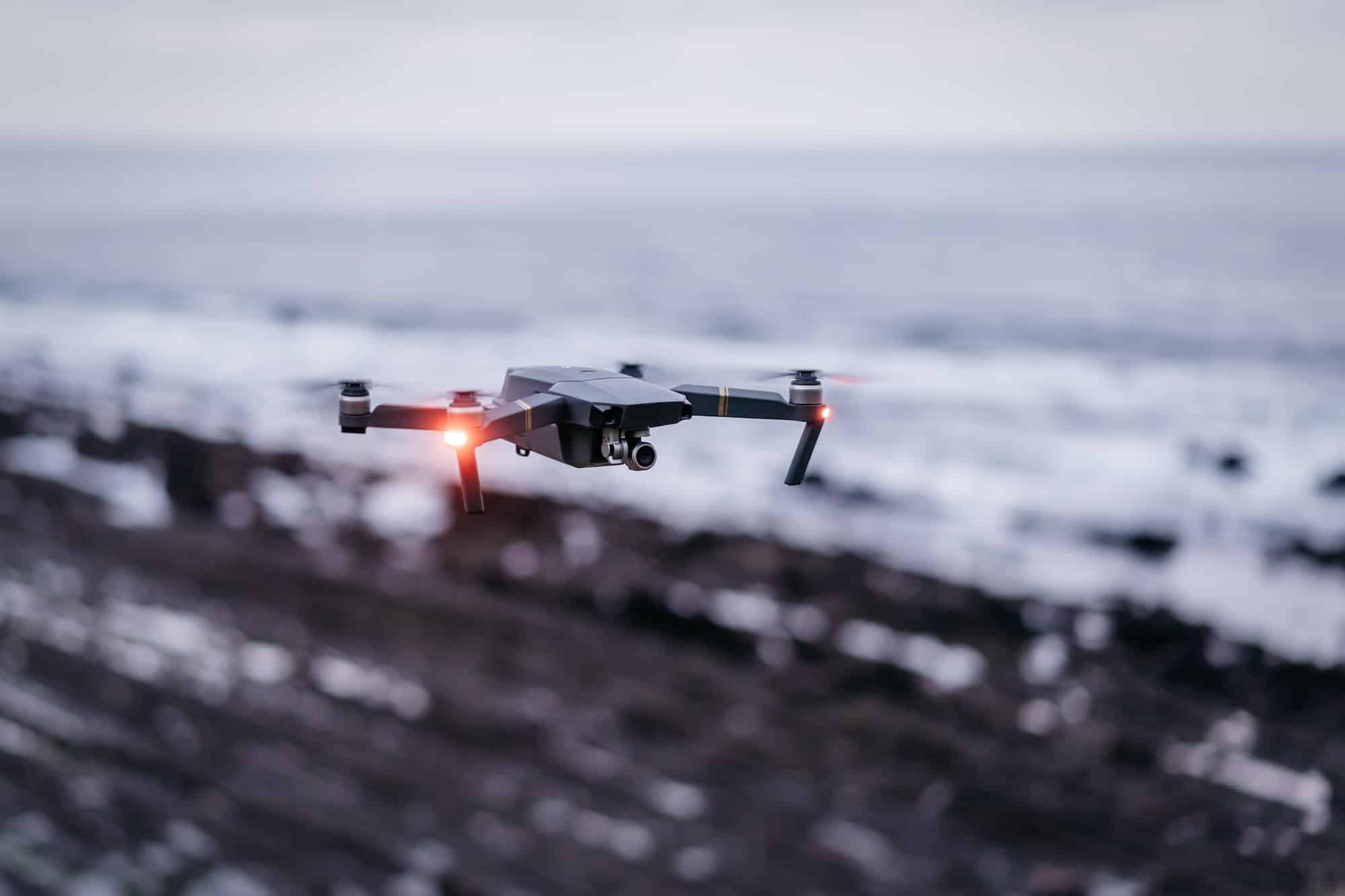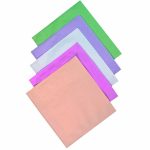The technological advancements of the 21st century have radically transformed the way businesses operate, and the real estate industry is no exception. Drones, once seen as mere recreational devices, have been catapulted into the commercial stratosphere, becoming invaluable tools in many sectors, including the property market. In this article, we will delve deeper into how drones play a significant role in enhancing real estate appraisals.
Drones, Data, and Real Estate: A Winning Formula
Drones have revolutionized property surveys and inspections, providing a fresh perspective from the skies, and an array of indispensable data at our fingertips.
In parallel : What Considerations Should Be Made for Acoustic Design in High-Density Residential Developments?
According to the National Association of Realtors (NAR), more than 400,000 drones will be used commercially by 2021. This surge in drone usage signifies the vast potential this technology holds within the real estate industry.
Drones, equipped with high-resolution cameras, have the ability to capture detailed aerial images. These images, combined with real-time data, can provide comprehensive information about a property, land, and surrounding areas. This is particularly beneficial for large-scale commercial properties and sites under construction that are typically challenging to assess on foot.
Also to discover : What Are the Advantages and Challenges of Developing Pet-Friendly Rental Properties?
Imagine having to inspect a vast rural property or a multi-story building under construction. Traversing rugged terrain or navigating construction sites can be dangerous, time-consuming, and costly. A drone, on the other hand, can cover large areas in a short time, reducing the need for manual labor while ensuring a thorough and accurate analysis of the property.
The Impact of Drone Surveying on Real Estate Appraisals
The traditional methods of property appraisal and inspection often require a time-consuming physical tour of the property. However, drone technology brings speed, efficiency, and accuracy to the process.
Drones offer an aerial view of the property that provides a complete, unobstructed image of the land. This is especially useful in assessing the condition of roofs and other hard-to-reach areas. Such inspections can often reveal potential issues that missed during a ground-level survey.
The data collected by drones allow appraisers to make more informed decisions. It can provide a wealth of information, from the condition of the property to the topography of the land, which can greatly influence the final valuation. Moreover, aerial images can highlight the property’s proximity to amenities, transportation, and other neighborhood characteristics, which can also significantly impact property values.
Drones and the Commercial Real Estate Industry
In the commercial real estate sector, drones are not just a novel addition but a necessity. The commercial landscape, which includes large-scale properties, construction sites, and undeveloped land, requires comprehensive surveys to ensure accurate appraisals.
Drones can quickly survey commercial properties and construction sites, providing real-time data and high-resolution aerial images. These details can help in identifying potential issues or structural defects, leading to more accurate property valuations.
In addition, drones can provide progress reports on construction sites, tracking developments and identifying potential delays or problems. This can help in managing construction timelines and budgets effectively.
Drone Photography: Elevating Real Estate Marketing
The integration of drones in real estate doesn’t stop at appraisals and inspections. Drone technology is also transforming real estate marketing, offering a unique perspective that is sure to captivate potential buyers.
High-quality aerial images and videos captured by drones offer an immersive experience, allowing potential buyers to view the property from various angles and perspectives. This level of detail can be instrumental in showcasing the property’s features and the surrounding area, adding a layer of transparency that modern buyers appreciate.
Furthermore, drone photography can significantly elevate online property listings, making them more appealing and interactive. This can be especially beneficial in today’s digital age, where online listings are often the first point of contact between a property and potential buyers.
In conclusion, drones have paved the way for a new era in real estate. From property inspections to appraisals and marketing, drone technology is enhancing the real estate industry in ways that were unimaginable a decade ago. As we continue to embrace this technology, we can look forward to even more innovative and efficient ways to conduct real estate transactions.
Ground Control Points and Drone Operations in Real Estate
When it comes to effective drone operations in real estate, one aspect that cannot be overlooked is the use of ground control points (GCPs). These are specific points on the ground, marked with a high visibility target, that are used for georeferencing drone survey data. The coordinates of these points are accurately measured using GPS technology, providing a reliable base for the drone’s aerial photography and data collection.
GCPs can improve the precision of drone surveys, translating into more accurate property evaluations. This is particularly important for large-scale commercial real estate and undeveloped land where precision is key to ensuring an accurate appraisal. For instance, in a construction site, GCPs can aid in identifying boundary lines, mapping the topography and even tracking construction progress.
Moreover, GCPs play a significant role in ensuring the safety and efficiency of drone operations. By providing accurate reference points, they can assist in defining the drone’s flight path, minimizing the risk of collisions and maximizing data collection.
Drone services that utilize GCPs are, therefore, a critical component in the real estate business. They offer an added layer of precision and safety, resulting in more informed decisions and higher quality results.
Code of Ethics for Drones in Real Estate
As the use of drones in real estate continues to expand, maintaining an ethical approach to drone surveys is paramount. Drone operations need to comply with state and local laws, respect privacy rights, and operate within a defined code of ethics.
Respecting privacy rights is not only important for legal reasons but also to maintain trust with property owners and potential buyers. To avoid any infringement, it is crucial for drone operators to obtain necessary permissions before conducting drone surveys.
Adherence to a code of ethics is not limited to privacy considerations. It also extends to how the drone is used. For example, it is unethical to manipulate drone images to misrepresent a property or its features. In a profession that hinges on trust and transparency, maintaining ethical standards in drone operations is non-negotiable.
Conclusion
The future of real estate is here, and it soars above in the form of drones. The integration of drone technology in the real estate industry is revolutionizing property appraisals, inspections, and marketing. Drone surveys, equipped with high-resolution cameras, provide comprehensive data and aerial images that enhance the accuracy and efficiency of property valuations.
From exploring large-scale commercial real estate landscapes to offering virtual tours to potential buyers, drones have become an integral part of the real estate business. Their ability to quickly and accurately gather data, coupled with the immersive experience they offer through drone photography, provides a unique edge in a competitive market.
As we embrace the future of real estate, it is essential to remember the importance of precision, safety, and ethics in drone operations. By doing so, we can continue to harness the full potential of this technology, enhancing the real estate industry and propelling it into a new era.






